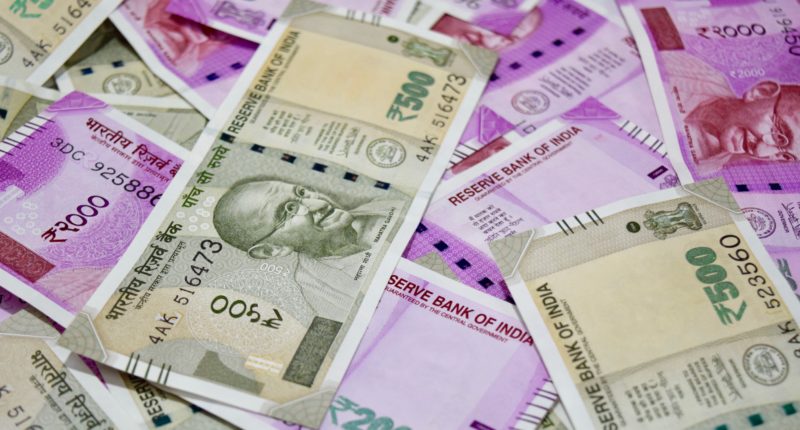The Goods and Services Tax (GST) collections in September 2021 showed a growth of 22.5% and stood at Rs 1.17 lakh crore. These collections reflect the transactions that happened during August 2021. The average monthly GST collections in the Jul-Sep’21 quarter have improved by 5% compared to the average GST collection in the Apr-Jun’21 quarter.
How much are the GST collections in September 2021?
The GST collections stood at Rs 1,17,010 crore in September 2021, increased by 22.5% compared to Rs 95,480 crore collected in September 2020.
The total collection of Rs 1.17 lakh consisted, CGST of Rs 20,578 crore, SGST of Rs 26,767 crore, IGST of Rs 60,911 crore and cess is Rs 8,754 crore. The IGST collection includes Rs 29,555 crore collected on import of goods, and the cess collection includes Rs 623 crore collected on import of goods.
What do September 2021 collections indicate?
The GST collections in the Jul-Sep’21 quarter have picked up the pace, indicating an improvement in economic activity. The Finance Ministry stated that the September 2021 collections indicate that the economy is recovering quickly. The economic growth and the anti-evasion measures, including fake invoicing, have contributed to enhanced GST collections. The government expects the positive trend in the revenues to continue amid the festival season and the second half of FY 2021-22 to post higher revenues.
Is GST revenue growth a concern?
Even though GST revenues are picking up pace after the impact of the COCID-19 pandemic, the steady GST revenue collections are being seen as a concern amid legally mandated compensation to states for revenue shortfall from the GST implementation, which comes to an end in June 2022.
The need for “review” of the current rate slab structure of GST has been incorporated in the Terms of Reference (ToR) of the two ministerial panels formed. This review is a move towards the structural overhaul of the GST regime after its rollout.
The ministerial panel’s brief states that they should aim at evaluating “special tax rates” within the tax structure, rationalisation measures including “merging tax rate slabs to simplify the rate structure”. The panels should also review the inverted duty structure and identify the potential sources of tax evasion to increase GST revenues.
Currently, GST has five key tax slabs: 0%, 5%, 12%, 18%, and 28%. Also, compensation cess ranges between 1% to 290%, is levied on demerit and luxury goods over and above the 28% GST. The department considered merging 5% and 12% slabs or 12%, and 18% slabs. However, no formal decision has been taken till now.
The Ministry of Finance has constituted a seven-member Group of Ministers (GoM) under Karnataka’s Chief Minister Basavaraj S Bommai for “rate rationalisation” and another eight-member GoM under Maharashtra’s Deputy Chief Minister Ajit Pawar for “GST system reforms”.
The GoM on rate rationalisation has been mandated to suggest changes to be implemented immediately along with a roadmap. The GoM will submit an interim report for such immediate measures and submit its report in two months. Hence, the actions suggested by GoM and decisions to be taken at the upcoming GST council might help remove the hurdles for the growth of GST revenue and increase the GST collections.
Join our Telegram channel to keep getting updates on all things finance.
For any clarifications/feedback on the topic, please contact the writer at dvsr.anjaneyulu@cleartax.in

An Editor by day and a sloth by night…I would love to eat and sleep throughout the day if given a chance…I enjoy reading and love my job and my team at ClearTax.





